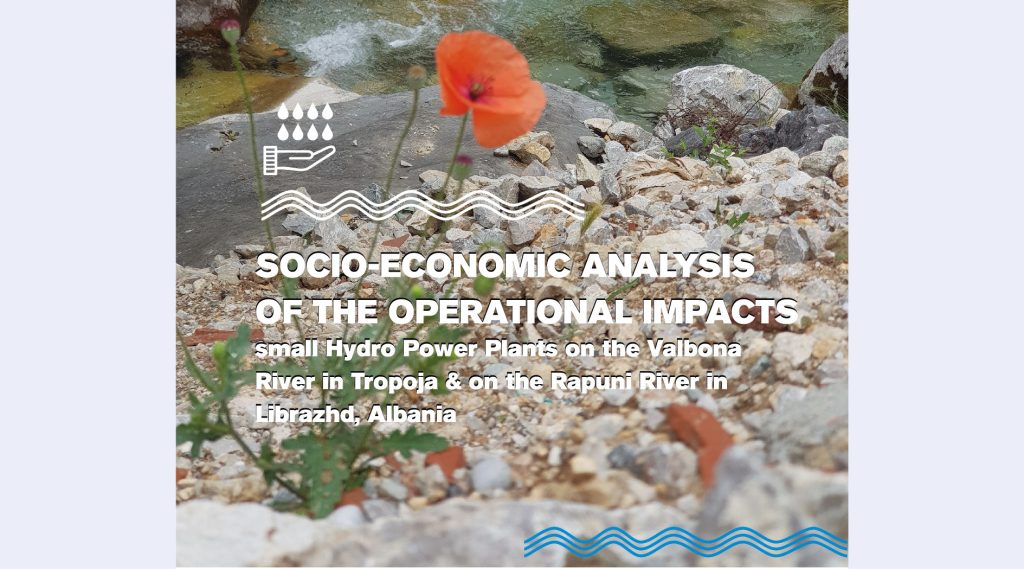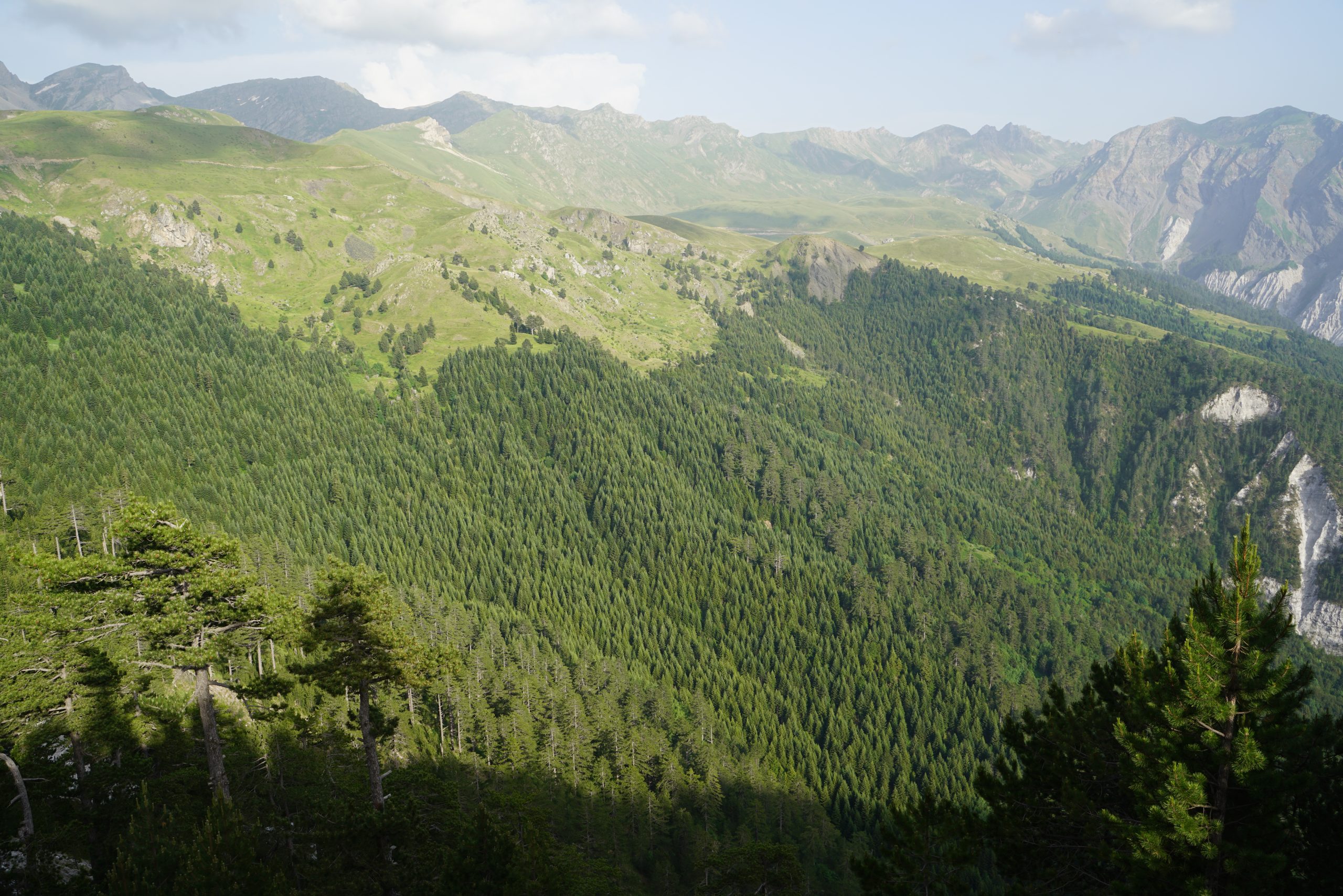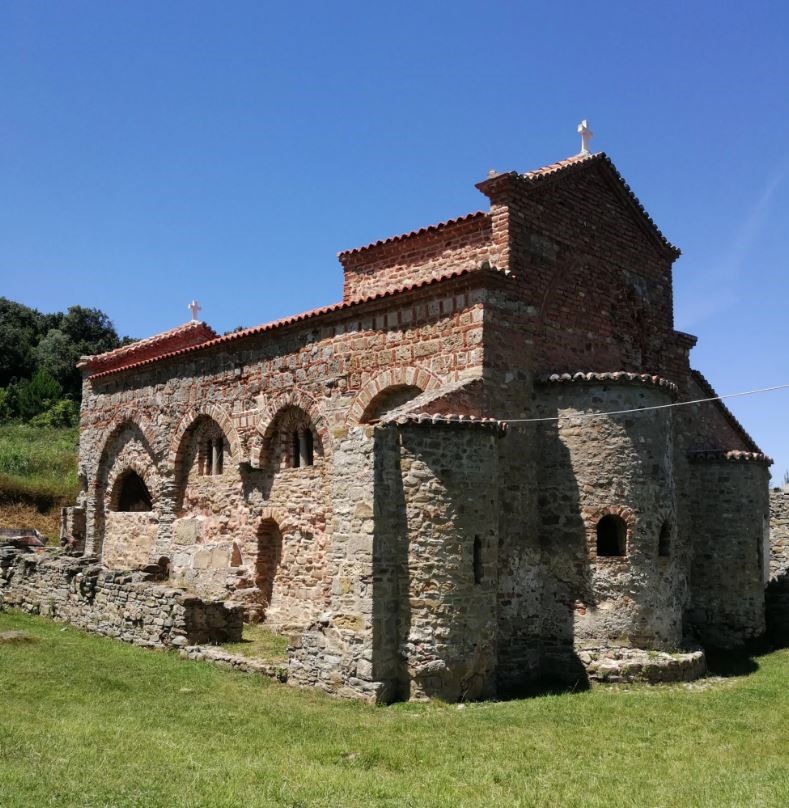Some of Albania’s rivers and streams are among the last remaining free-flowing rivers in Europe, supporting immense biodiversity and unique ecosystems. Over the last ten years Albania’s national development policies have aimed to change the country into an energy production superpower. This has resulted in more than 530 permits being issued for the construction of small hydropower plants (sHPPs) on streams and rivers across the whole country. The investment and construction have been completed in approximately a third of them.
It is widely felt that the uncontrolled development of sHPPs poses an existential threat to Albanian rivers and streams. This negative trend is also being seen across the Western Balkan countries, where more than 2,500 sHPPs are being planned. While the huge environmental impacts on river habitats seems to be non-reversible, the actions taken by local communities and other interested actors can have an effect on this negative trend. For example, in September 2020 the Albanian Government decided not to renew the environmental permit for the Kalivaç HPP, and this is a signal that the articulated voice of local communities and activists can yield some progress in reversing some of the past decisions on sHPPs.
There is a heated debate at all levels in Albania about the current small hydropower subsidies system in the country. On one side, the local communities and businesses, who are affected by sHPPs, are calling out corrupt public authorities, investors in sHPPs who have little or no experience of such investments, and weak and ill-informed institutions who do conduct proper public consultations. On the other side, state authorities and local government proceed with their plans for sHPPs arguing about the energy needs of the country and the development and prosperity that these investments will bring to local communities. Conflicting data is provided by the interested actors on the level of employment and the socio-economic impacts that the sHPPs will have and this data is frequently not fact-based information.
This assessment report provides a detailed overview of the socio-economic impacts of these interventions on two rivers in Albania; the Valbona River which is situated in northern Albania; and the Rapini River which is situated in the central-eastern part of the country. It also serves to highlight the overall efforts and active involvement of CSOs, local initiatives and other allies who are advocating for policy changes and are implementing awareness-raising activities, which have ensured a timely and relevant bottom-up response.
This assessment report was prepared by the REC Albania team (hencefore referred to as the experts). It has been conducted in the frame of the “Keeping the Balkan Rivers Free Flowing” project, which is being implemented by WWF Adria.
To access the report, please click Report of Valbona and Rapun sHPPs2020





